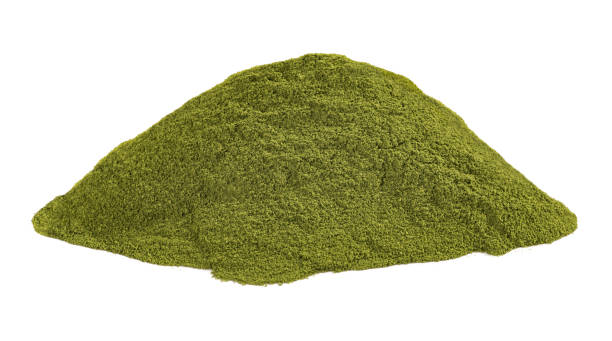Organic Foods: What You Have To Be Aware Of

The term "organic" refers to the way agricultural products are produced and processed. While the regulations vary from one country to the next, organic crops cannot be planted with synthetic herbicides and pesticides. Also, they are not permitted to make use of fertilizers or bioengineered genes (GMOs).
Organic livestock raised for meat, eggs, and dairy products have to be raised in conditions that allow for their natural behavior (such as the ability to graze in grass) and fed organic feed and forage. They may not be given antibiotics, growth hormones, or any animal by-products.
Organic food has many advantages
Your mental and emotional well-being as well as the health of the surrounding environment, could be affected by the way your food is prepared. Individuals who have allergies to preservatives, chemicals, and foods may notice an improvement or disappearance of symptoms when eating organic turmeric powder.
Organic produce has less pesticides. Chemicals like synthetic fungicides, herbicides, and insecticides are extensively used in conventional agriculture and residues remain in (and within) our food items that we consume.
Organic food is more natural than conventional food as it isn't contaminated with preservatives, which make it last longer. Sometimes, organic food is grown on smaller farms closer to the place it is sold.
Organic farming tends to be healthier for the environmental. Organic Moringa Powder farming practices can reduce water pollution can help conserve water, decrease erosion of soil, boost soil fertilityand require less energy. Organic farming without synthetic pesticides is beneficial for birds and animals and for people who live near farms.
Organically raised animals are NOT given antibiotics, growth hormones or feed animal byproducts. The risk of contracting mad cow disease (BSE) which is caused by the feeding of animal byproducts from livestock, increases. Additionally antibiotic-resistant bacteria are generated by the use antibiotics. Animals raised organically are given more space to move about and exposure to the outdoor, which helps to keep them in good health.
Organic milk and organic meat may contain more nutrients. Results of a 2016 European study revealed that levels of certain nutrients, including omega-3 acid, were between 30 50 percent more in organic meat and milk than those raised conventionally.
Organic food is not GMO-free. GMOs (Genetically Modified Organisms) and GE food items (Genetically engineered foods) are plants that have their DNA modified in ways that aren't able to be found in nature. It is usually done to produce a pesticide or to ward off it.
Understanding GMOs
GMOs and their impact on the environment and on health are the subject of constant debate. GMOs are created to make crops resistant against herbicides and to create insecticides.
GMOs are also prevalent in U.S. crops such as soybeans, alfalfa, squash, zucchini, papaya, and canola, and are found in a variety of breakfast cereals and much of the processed food that we eat. If the ingredients listed on the label contain corn syrup or soy lecithin likely to contain GMOs.
Organic means pesticide-free?
As mentioned above One of the main benefits that organic food provides moringa powder is lower levels of pesticides. However, despite popular belief, organic farms do use pesticides. They only use naturally-derived pesticides, instead of the synthetic pesticides used in conventional commercial farms. Natural pesticides are thought to be less harmful, however certain pesticides have been proven to have health risks. But, the exposure to harmful pesticides will likely be lower when eating organic.
Dhow Nature Foods
35 Distinction Road,
Wangara WA,
Australia.
Call Us: +61 863050822